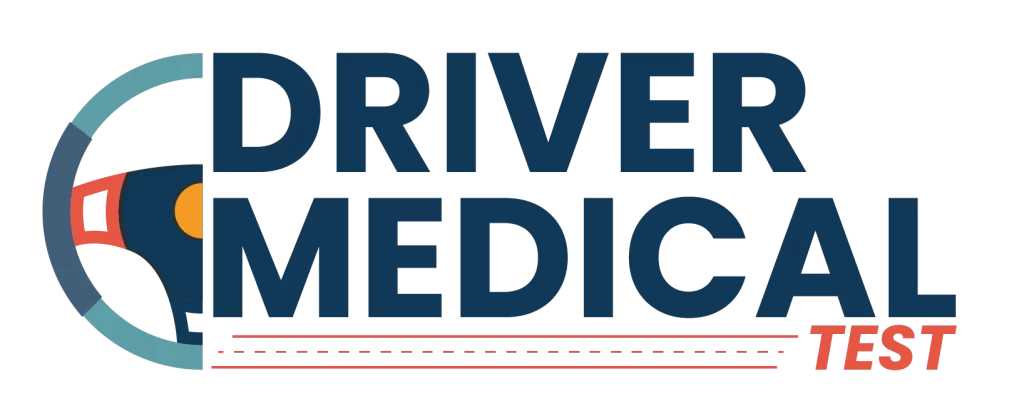Driver Medical Test
D4 Medical Exam: What to Expect
Introduction
If you have a D4 medical booked (for HGV, PCV or taxi), this article prepares you so you arrive confident and convert the visit to a passed form. We’ll cover every test included, how to prepare, common fail points and a short pre-check you can do at home.
Overview: Purpose of the D4 medical
● Confirm fitness to drive professionally under DVLA Group 2 standards.
● Key focus: vision, cardiovascular health, neurological conditions and medication effects.
Step-by-step: What the doctor will check
1. Identity & paperwork — verify ID and any submitted medical records.
2. Vision test — Snellen chart / visual acuity; field of vision if required. Bring glasses.
3. Blood pressure — single reading; if high, follow-up checks may be requested.
4. Medical history review — meds, surgeries, chronic conditions (diabetes, heart, sleep apnoea).
5. Physical checks — heart sounds, reflexes if indicated.
6. Documentation — doctor completes D4 form and advises on DVLA submission.
Eyesight: What the DVLA requires
● Standard: 6/7.5 (Snellen) or equivalent in the best eye; both eyes tested separately and together.
● What helps: wear your best corrective lenses, bring recent optometrist results if marginal.
Blood pressure: thresholds & what to expect
● A high single reading doesn’t automatically fail you, but doctors may perform repeat blood pressure checks, or request a GP follow-up.
● If you have known hypertension, bring recent BP logs or GP letter.
Common reasons for delays or fail
● Untreated or uncontrolled diabetes, high BP, sleep apnoea not under treatment, recent strokes, uncontrolled seizures.
● Incomplete medical evidence (no GP letters).
● Poor vision even with correction.
How to prepare (48-hour checklist)
● Avoid heavy caffeine & smoking 2 hours before test.
● Bring a list of medications + doses.
● Bring glasses/contacts and a spare.
● If possible, bring recent test results (blood pressure, blood sugar, ECG).
● Hydrate and rest well the day before.
What to do if you’re told “we need more info”
● Ask for a pre-check appointment (15–20 mins) to gather evidence.
● Request a GP letter or specialist report — clinics often guide this.
FAQ
Can I fail because of my eyesight?
Only if your corrected vision does not meet DVLA standards. Many drivers pass after
updating prescriptions.
Do I need to stop driving while waiting for DVLA?
Depends on circumstance — if your licence is still valid you usually can drive, but follow the clinic/DVLA advice.



